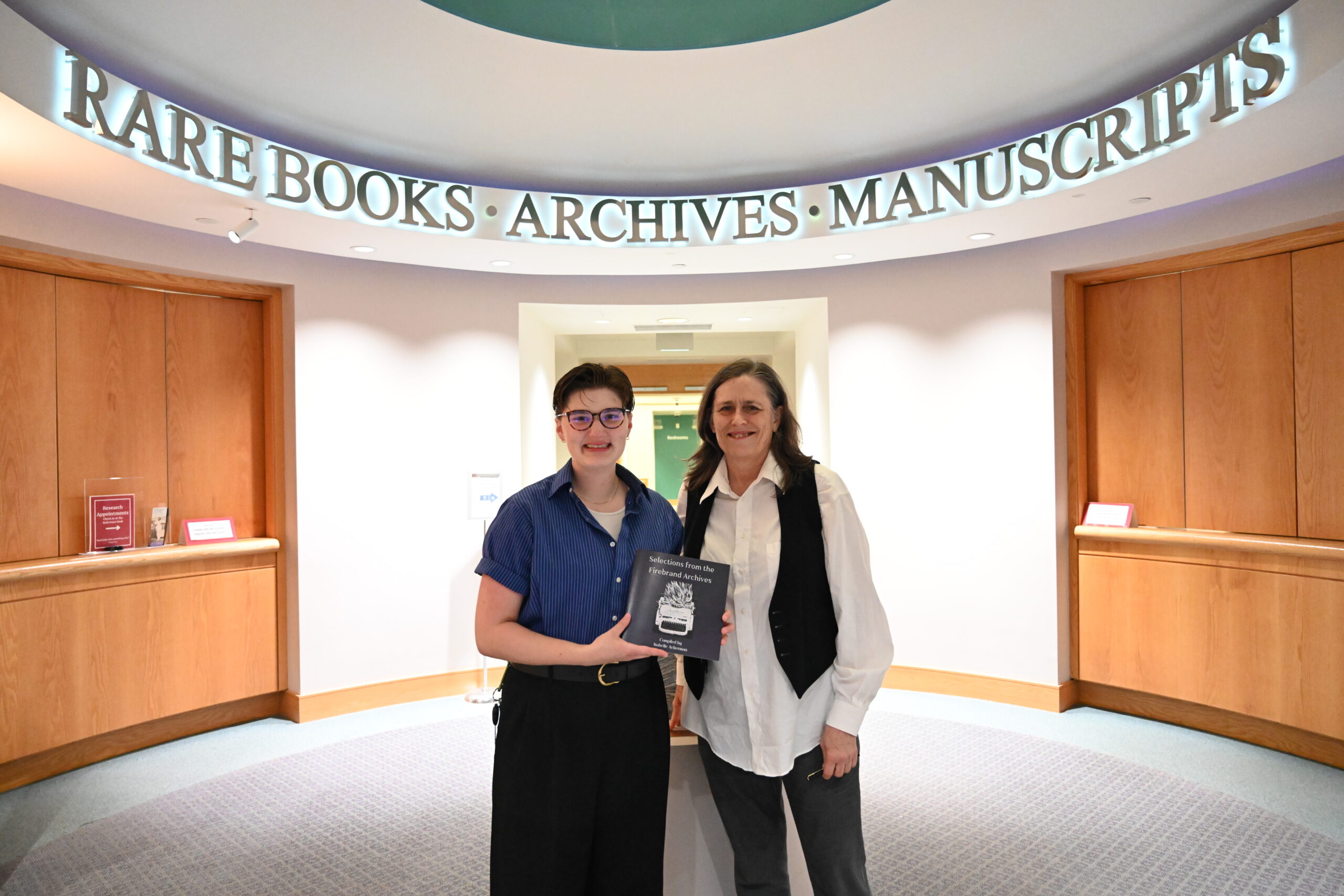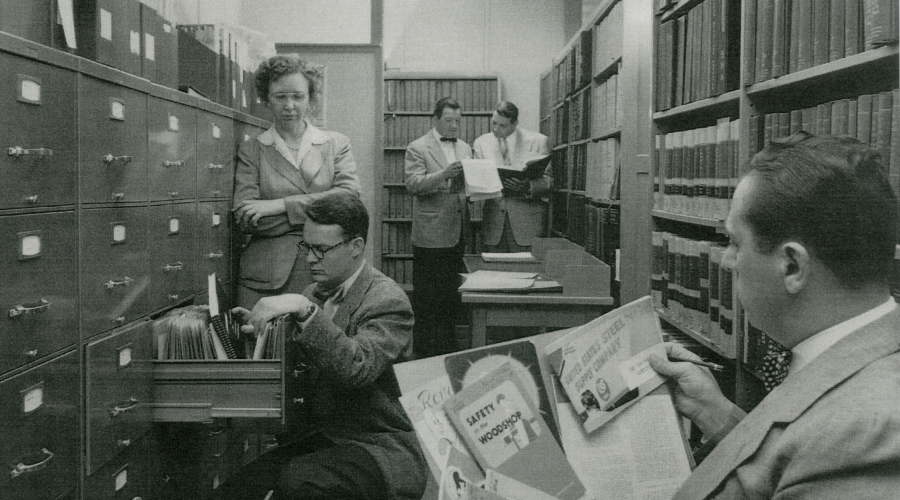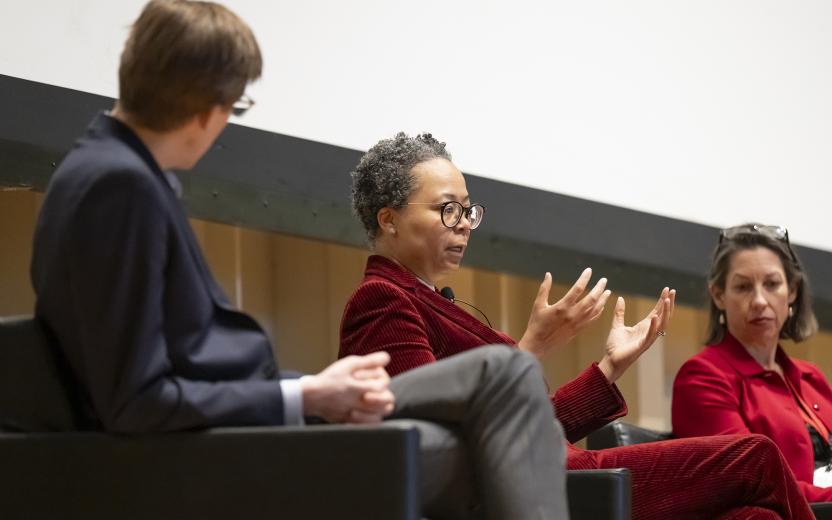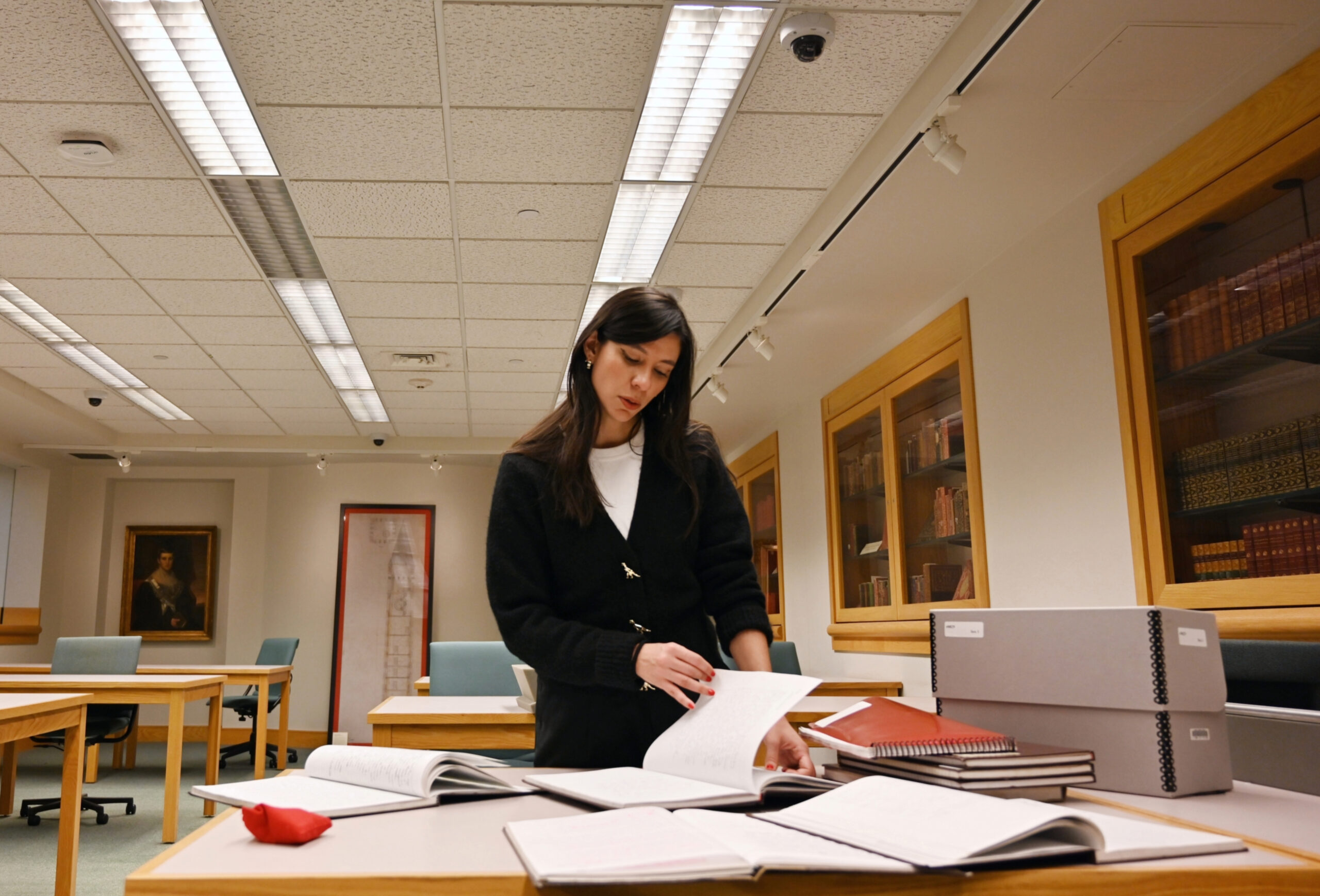
A $2.5 million grant from The Andrew W. Mellon Foundation is boosting a multi-institution initiative to develop tools and workflows that improve the sharing of catalog data among libraries and help internet users discover library resources on the web.
Known as Linked Data for Production, the project is part of a long-term collaboration among Cornell University Library, Stanford Libraries and the School of Library and Information Science at the University of Iowa.
Through linked data, information about books and other items in library records will be enhanced by related information from external online sources.
“For example, we can connect professionally produced library descriptions to additional information that we might find on a crowdsourced platform such as Wikidata,” said Simeon Warner, associate university librarian at Cornell University Library.
At the same time, data about library holdings can be found more easily using internet search engines, which rely on links between resources.
“We might follow a path from a person to a book that he or she wrote, to the subject matter of that book, to related subject areas and to other books of interest,” Warner said. “It’s a chain of information, which makes every little bit of information more valuable by being connected to other bits of information.”
Additionally, linked data will allow machine learning and artificial intelligence algorithms to better interpret data about library holdings, enabling new types of discovery and analysis.
The Mellon Foundation has supported work in this area since the Linked Data for Libraries project began in 2014. The second phase of the linked-data initiative started in 2016 and brought together 17 libraries to create a shared cataloging environment. The current third phase will focus on sustainable models for linking data through expanded partnerships with other library groups, including the Program for Cooperative Cataloging, OCLC and Wikidata.
The project is especially vital during the coronavirus pandemic, Warner said.
“With the loss of physical access to collections due to COVID-19, we lose the familiar notions of browsing in the stacks,” he said. “Electronic discovery has become more important than ever without physical access. Our society depends on access to reliable information provided by libraries.”
This story also appeared in the Cornell Chronicle.





